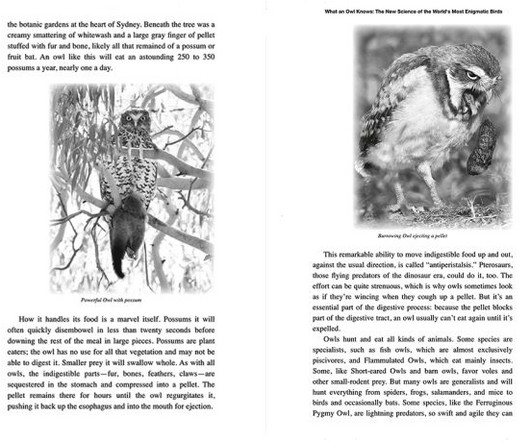Shop With Your Heart
4 The Love Of Animals
JULY 18, 2016
The Shop With Your Heart initiative gives consumers the resources to recognize, locate and demand meaningfully welfare-certified meat, eggs and dairy products as well … Continue reading → The post Shop With Your Heart appeared first on 4 The Love of Animals.













Let's personalize your content